The Best Fluffy Pancakes recipe you will fall in love with. Full of tips and tricks to help you make the best pancakes.
PCs that are just too perfect
You’ve probably played the perfect hero before; the one that can’t miss, they never have doubts, and they never fail. However, at some point you might start to feel that the perfect PC isn’t all that memorable. The memorable moments that stick with us in great adventures aren’t happening to flawless characters; instead it’s the moments when they stumble, struggle, and grow that we talk about for years.
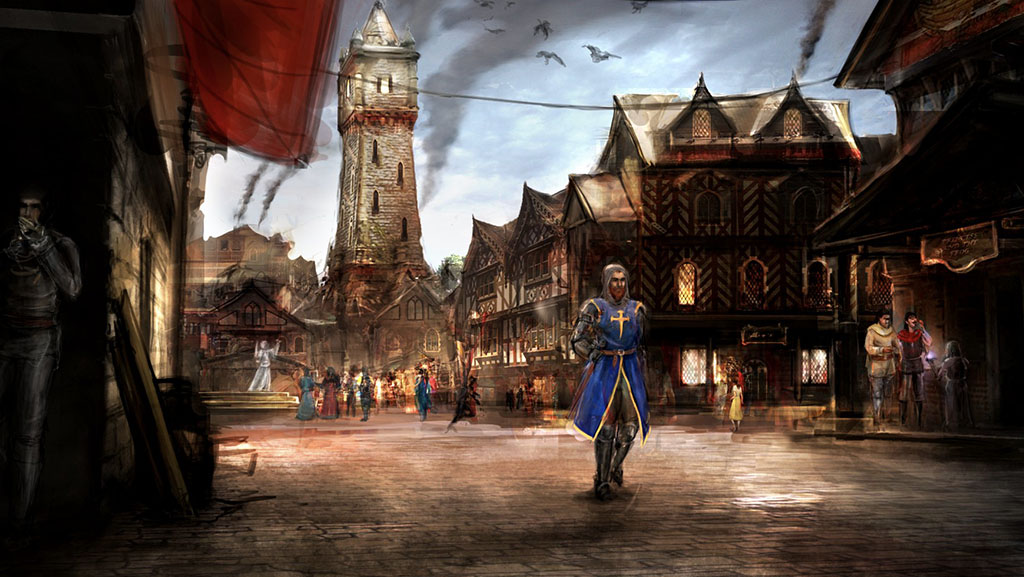
In tabletop role-playing games, I believe it’s the difference between playing a character and becoming one. Once you’ve become comfortable with the mechanics and the rolls, the next step is giving your PC a heartbeat… and that often starts with a few well-chosen flaws and weaknesses.
Much like Syrinscape adds sound and music to make your game world feel alive, adding emotional depth and imperfections makes your character feel alive, too.
Why character flaws matter in tabletop role-playing games
Flaws can give your PC something internal to confront and overcome. They create tension, spark story hooks, and give your DM/GM something real and personal to work with. More importantly, they make your character human (even if they’re technically an elf, goblin, or space-faring android, but you get the idea… lol).
In this way, flaws don’t make your PCs weak; they make them interesting. Without them, you’re just a collection of stats. With them, you’re someone the table will remember long after the campaign ends.
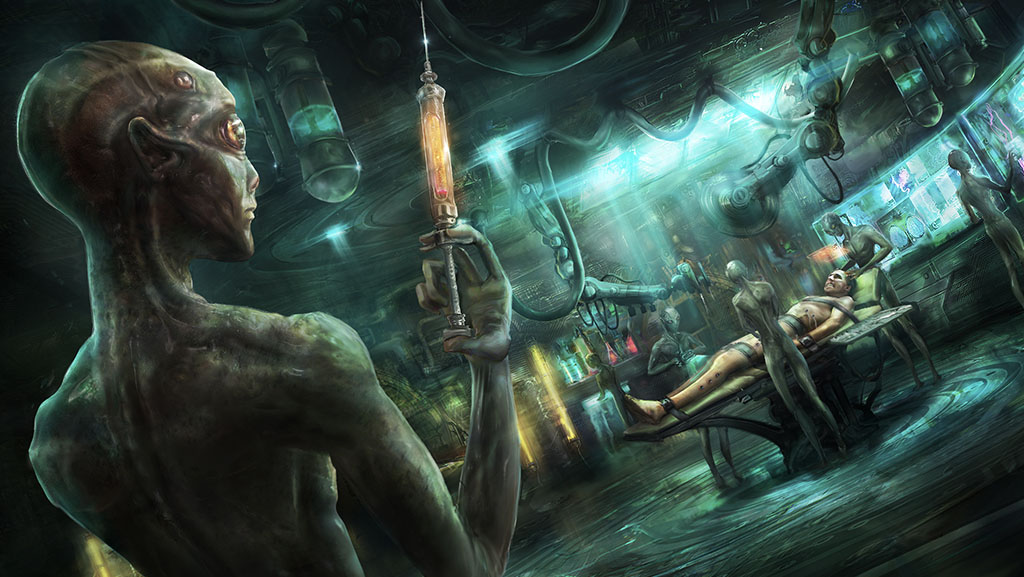
How to move beyond stats and make your PC emotionally rich
Every TTRPG system gives you mechanics; numbers, skills, rolls, etc., but the magic happens when you fill in the space between those numbers. The emotional side of your character is what gives the stats context.
Start by asking yourself:
- What emotion drives my character when they’re not in combat or solving puzzles?
- What does my character care about most?
- What do they fear losing?
Once you have those answers, you’ll start to see where flaws naturally appear.
- Maybe your fighter is fiercely loyal to the point they make reckless choices for their friends.
- Maybe your mage hides insecurity behind arrogance.
- Maybe your cleric has doubts about their faith, but keeps showing up anyway.
- Or maybe your sorcerer has a massive crush they just simply can never reveal, no matter what…
It’s these layers that turn “the party healer” or “the party tank” or “the glass canon” into a person with a story.

What kinds of flaws work (and which ones to avoid)
Good flaws are usually the ones that add to the story, not subtract from it. The best ones are playable… meaning they create opportunities for growth and roleplay rather than shutting down fun for you or others.
Good flaws:
- Fear, guilt, pride, jealousy, overconfidence, self-doubt
- Emotional baggage tied to relationships or past events
- Ideals taken too far (justice, duty, loyalty, ambition)
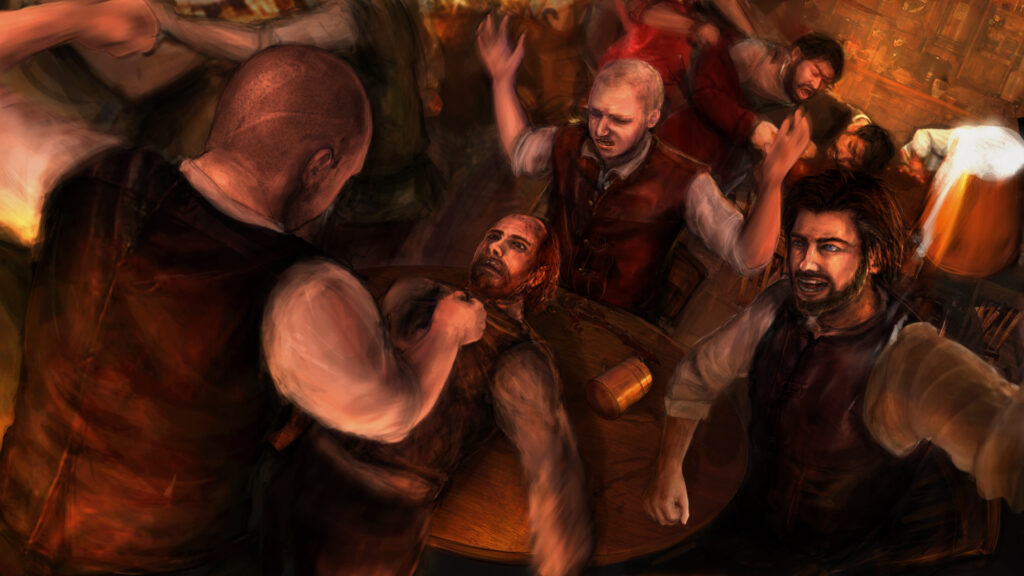
Flaws to avoid:
- Anything that prevents teamwork or breaks the game’s tone
- Traits that excuse bad behavior (“it’s what my character would do”)
- Flaws that exist only on paper and never show up in play
Think of your flaw as a spotlight, not a punishment. It’s there to shine light on interesting moments and spark meaningful choices.

Designing flaws that tie into your character’s backstory
A flaw means more when it comes from somewhere. Instead of randomly picking “greedy” or “hot-tempered,” think about why. What event or belief shaped your character into who they are now?
Did your rogue grow up hungry and now hoards gold out of fear? Maybe they swung the opposite way and they can’t resist using their gold to benefit others? Did your paladin once fail someone they loved and now overcompensates by following every rule to the letter? Did your bard lose their voice for a time and now fears being forgotten?
When your flaw connects to your backstory, it feels earned. It also gives your DM/GM a story thread to tug on, one that can turn into some of the campaign’s best moments.

Using flaws at the table: roleplay tips and party dynamics
The trick isn’t just having a flaw; it’s using it well
Here are a few ways to make flaws work at the gaming table:
- Show your flaws through choices, not speeches. Let your flaws affect decisions in small ways; hesitation before a fight, over-trusting an NPC, a tense argument that reveals insecurity.
- Lean into failure. Missing a roll or making a bad call isn’t losing… it’s storytelling fuel! Those are the moments that can make everyone lean in.
- Balance spotlight time. Use your flaw to deepen scenes, not dominate them. Let me say that again… Use your flaw to deepen scenes, not dominate them. …shall I say that again?!
- Collaborate with your DM/GM. Let them know what drives your PC so they can weave it into the story. Most GMs will welcome a written backstory before the campaign starts.
Flaws also make party interactions richer. The interplay between your proud warrior and another player’s cautious scholar will probably cause clashes early on, but learning to work together and respect each other might become a rich story arc all on its own.
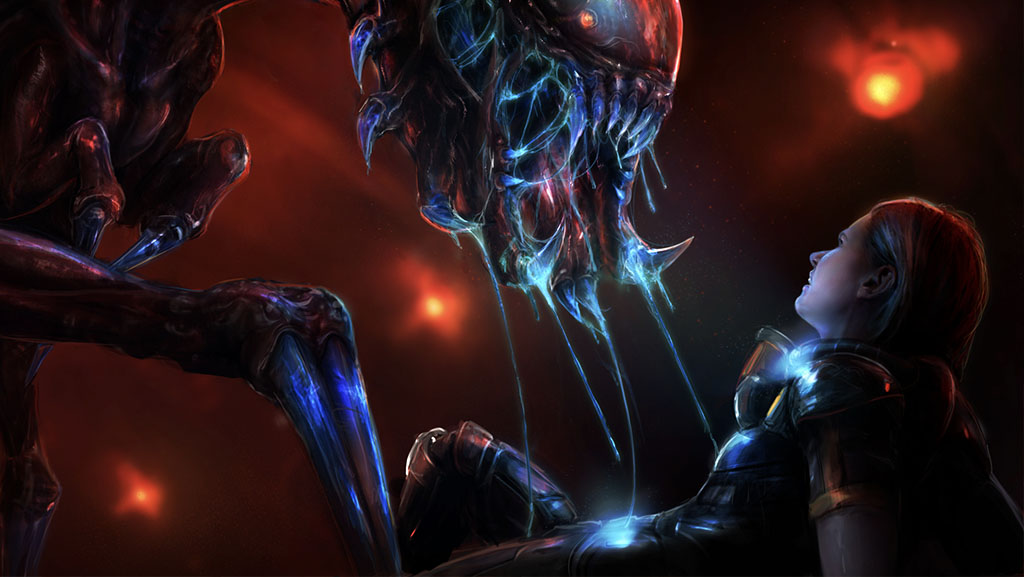
Flaws plus strengths = memorable characters (and better sessions)
The most compelling PCs are the ones that surprise you. Their weaknesses make their victories feel earned.
The brave hero who is afraid of disappointing others is more compelling than one that doesn’t have any fears at all. A thief who’s loyal to a fault is more memorable than one who’s just “good at disarming traps.” The contrast between flaw and strength is what gives your character texture.
And when you lean into that texture, you’ll make the entire table’s experience better. The GM gets stronger storytelling material. The other players get someone to bounce off emotionally. You get a character that really feels alive!
It’s the same principle that makes Syrinscape so effective, adding immersive sound doesn’t change the rules of the game, but it does make the experience deeper and more memorable. A subtle emotional underscore, the rumble of thunder during a confession, the patter of rain during a tense silence… all of it amplifies the story’s heart. Flaws do the same thing for your PC.
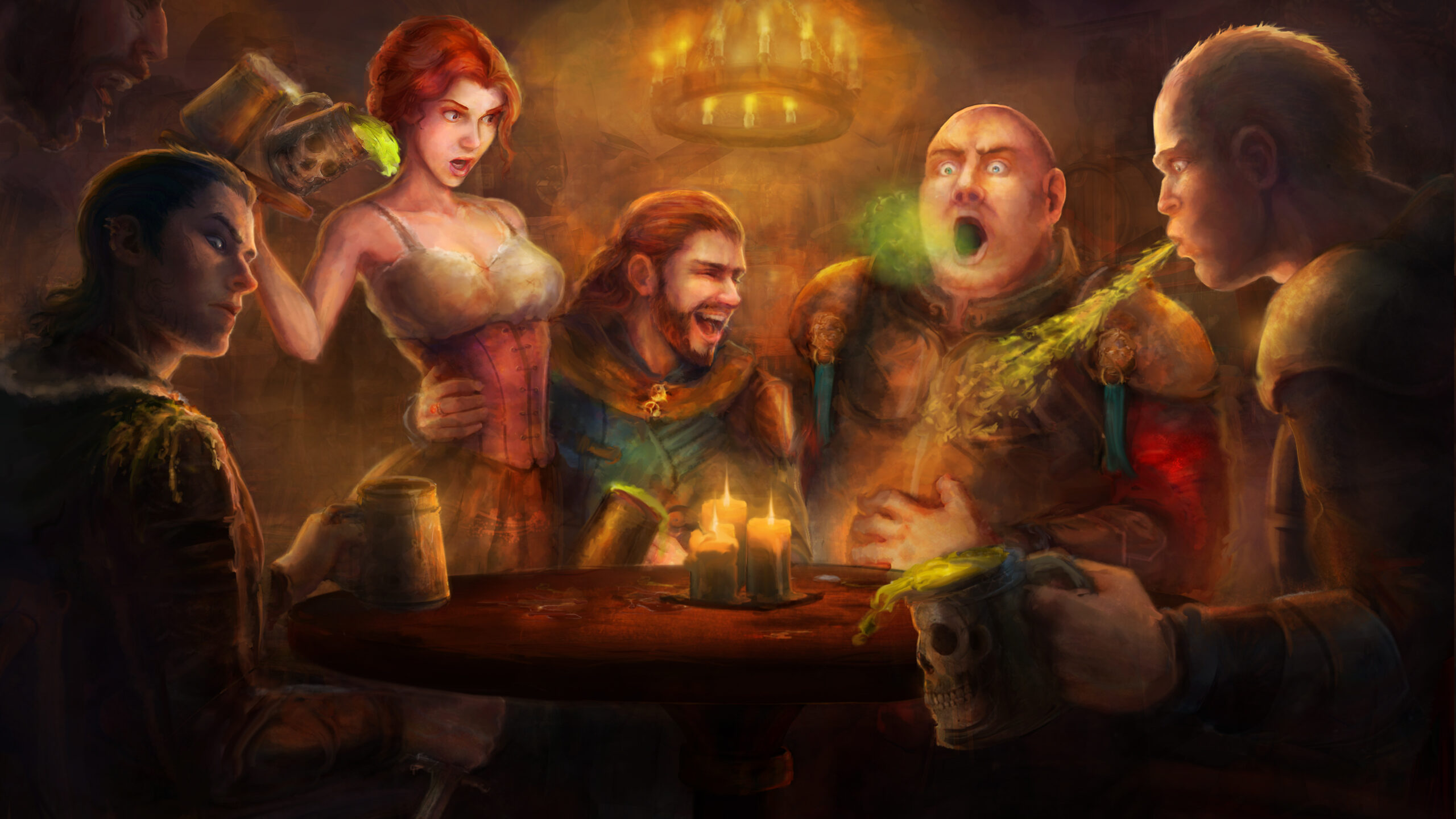
Quick checklist: choosing your PC’s flaw and weakness
Before you finalize your character sheet, take a minute to pick a flaw that truly fits
- Define one clear weakness. Emotional, physical, or moral. But make sure it affects how your PC interacts with the world.
- Link it to their backstory. Why are they like this?
- Pair it with a strength. Balance keeps the character playable and interesting.
- Think about when your flaw will show up. Will it appear in combat, conversation, or downtime?
- Use it for roleplay, not disruption. Make sure your flaw adds flavor, not friction (well, not friction between the players).
- Collaborate. Talk with your GM and other players at the table to find the best moments to showcase your flaws. Welcome feedback after a session when someone has some.
Flaws aren’t about punishment, they’re about story. They make the moments of triumph feel earned and the quiet moments resonate.
And when your next big moment hits the table, let Syrinscape bring it to life with immersive sound and music that captures exactly who your character is… flaws, weaknesses, and all.




